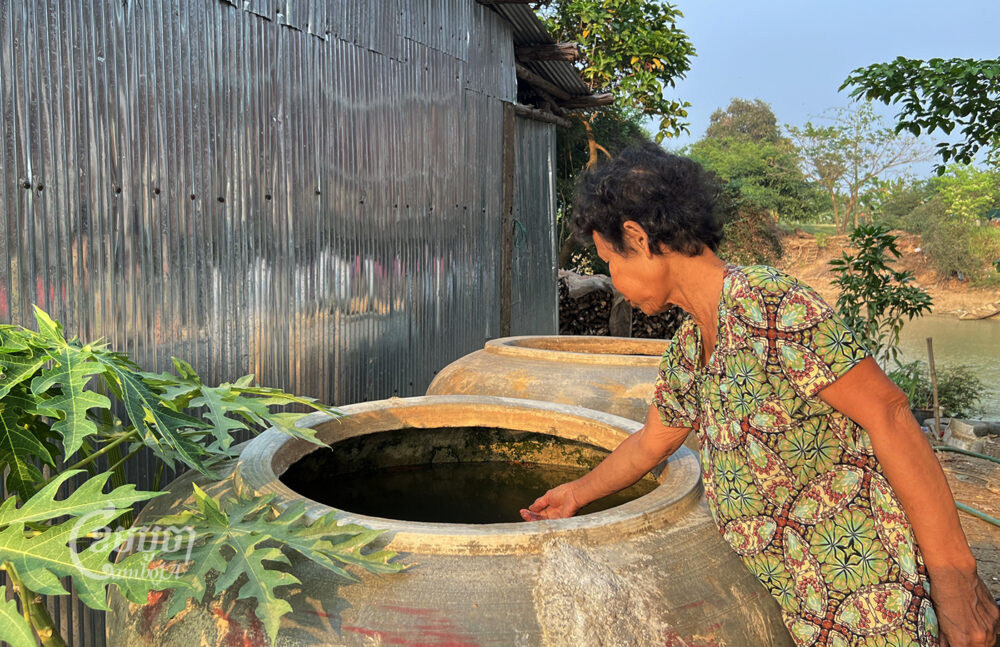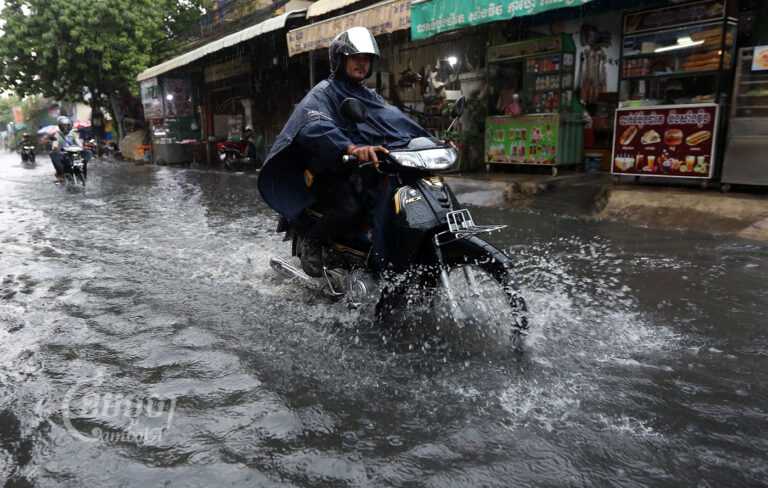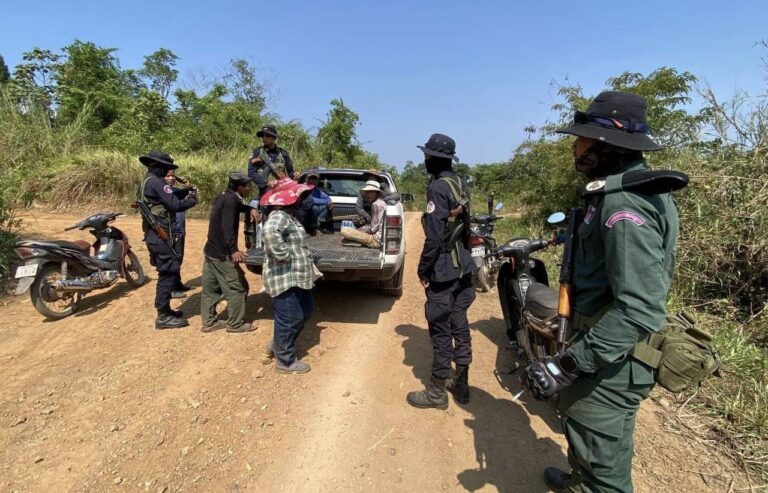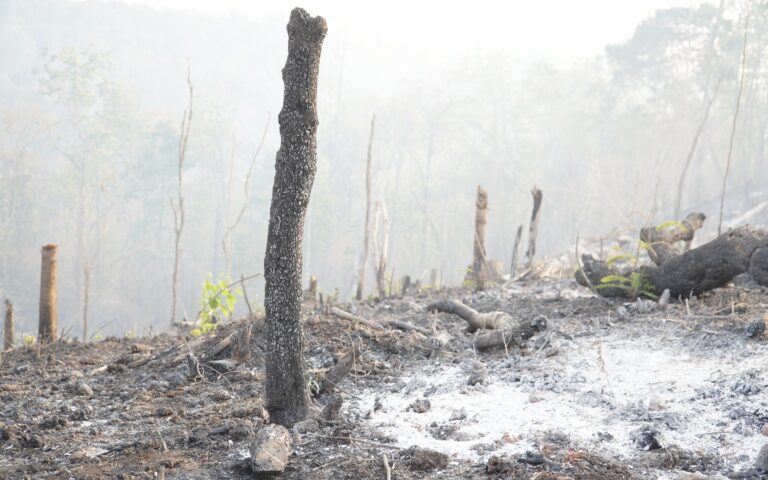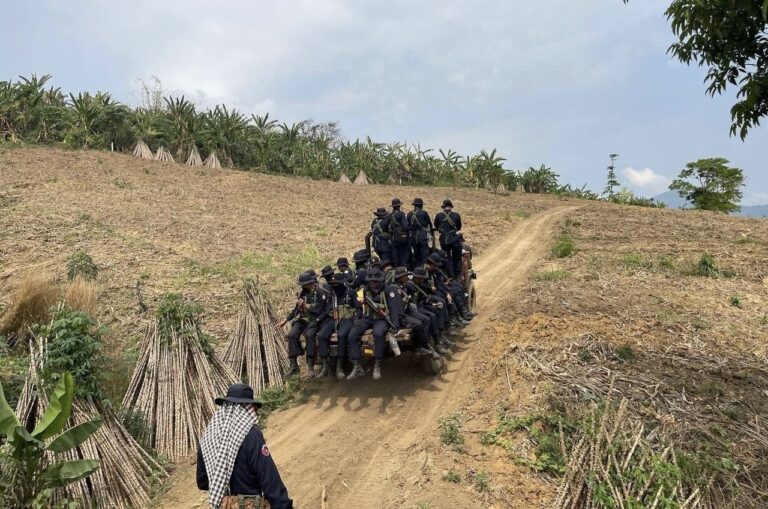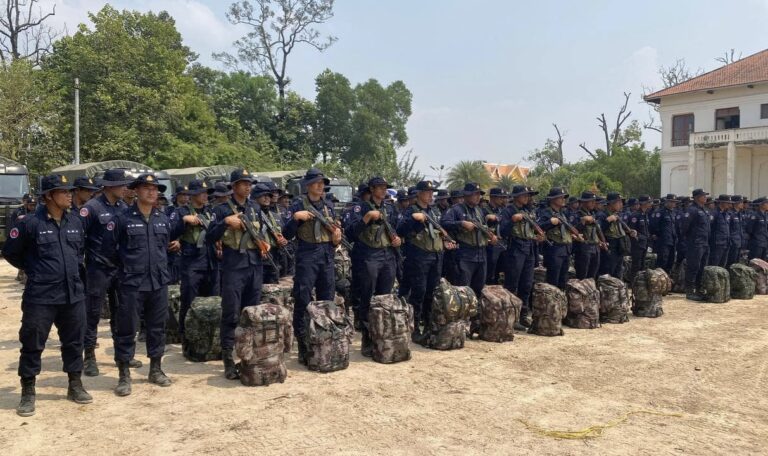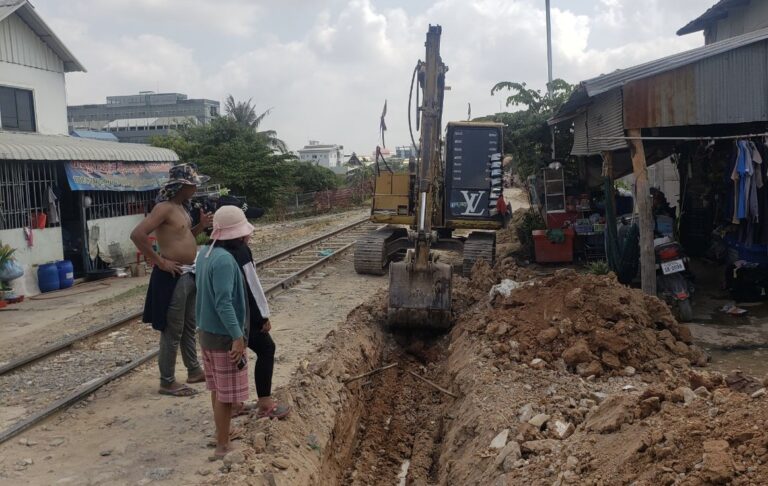The World Bank approved a $163 million project this week to improve water supply and sanitation in Battambang, Pursat, Mondulkiri and Kandal provinces, with a potential to impact over 175,00 people.
The six-year project will support government efforts to increase access to water and sanitation as well as improve system maintenance and sustainability. The scheme will also involve collaborating with private businesses, which manage over half of piped water connections in the country, to raise another $17.6 million in funding.
Maryam Salim, the World Bank’s Country Manager for Cambodia, said the initiative will assist the Cambodian government in building a solid foundation for providing these crucial services to all Cambodians.
“Access to a safe water supply and sanitation is a fundamental human right,” Salim said in a statement. “[The funding] will bring rapid benefits to women and people in poor and rural areas, which are currently particularly underserved.”
The Cambodian government set a goal of providing clean water and sanitation to 100% percent of the population by 2025, with former-President Hun Sen and other officials repeating the target in speeches in recent years. The country’s UN Sustainable Development Goal 6 (SDG 6) sets out to achieve universal access to safe drinking water as well as equitable sanitation services for all by 2030.
But further efforts are needed to achieve these targets, according to the World Bank. As of 2022, less than one third of Cambodians had access to safely managed drinking water, according to the WHO/UNICEF JMP database. For rural residents access was even lower at 19%, and just over one third of the country’s population had access to safely managed sanitation services.
Under the initiative, the Ministry of Public Works and Transportation will manage urban sanitation while the Ministry of Industry, Science, Technology & Innovation will focus on water supply.
Industry Minister Hem Vanndy stated that the World Bank project will assist the government in carrying out its goals and creating a comprehensive plan to guarantee sustainable growth in the industry.
“The water sector is a priority area for resilient and sustainable development and for enhancing the economy,” said Vanndy in a press statement.
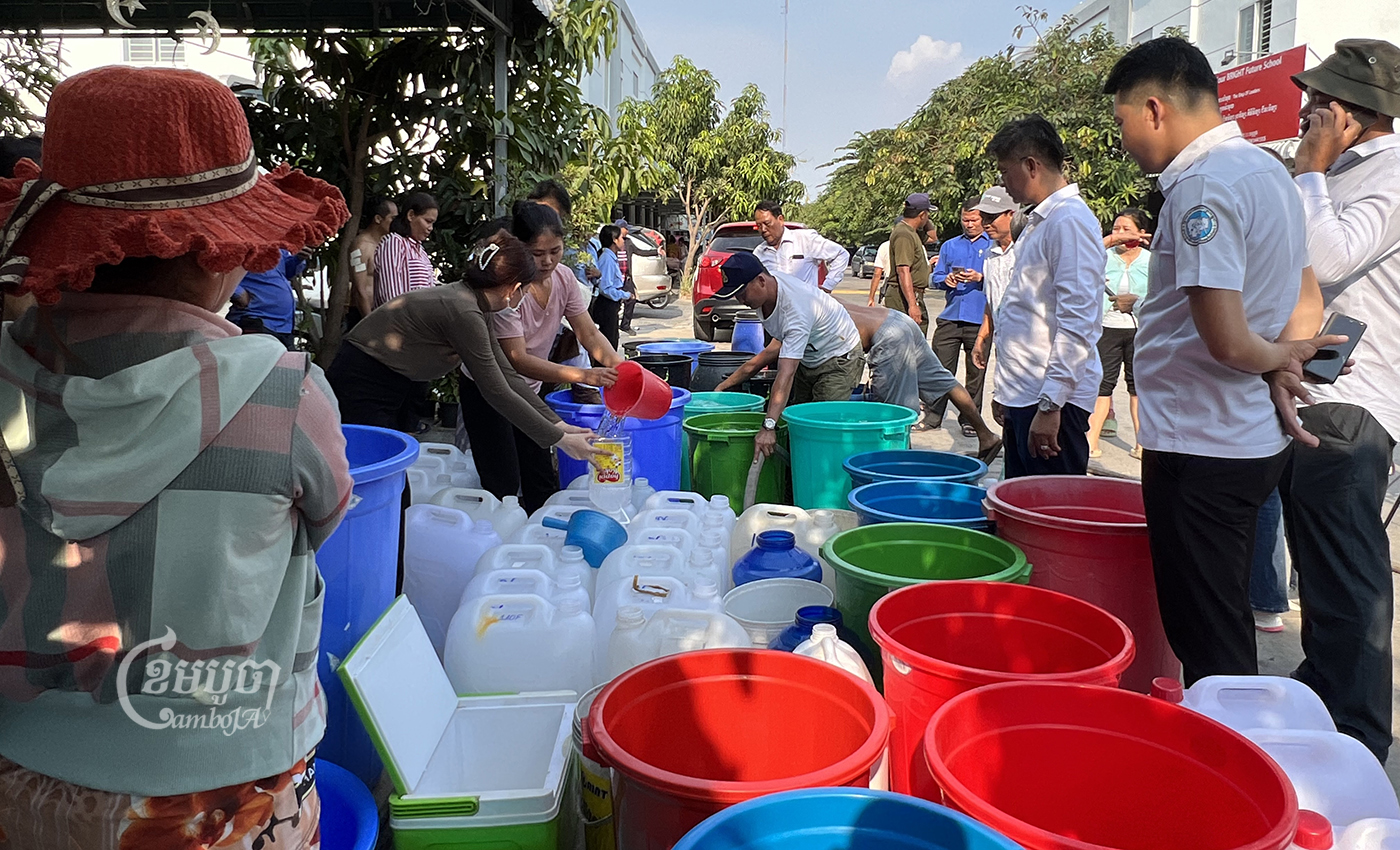
Minister of Public Works Peng Ponea said this project will support the Cambodian government’s focus on wastewater and sewage management.
“Investments in sanitation systems under the project are instrumental for the sustainability of sanitation services which will bring positive transformation to the sector,” he said in a statement.
The initiative is particularly important for improving water access for the rural residents of these four provinces. About three quarters of Cambodians live in rural areas, where people have the least access to water and sanitation services.
Kandal Provincial Deputy Governor Nov Peng Chandara said that access to clean water in his province is a problem that needs to be tackled through cooperation with private businesses and the state.
“The clean water in Kandal province is not enough for the people yet because the water system is privately owned and the private water business has limited supply times and volume of water production,” Chandara said.
Tim Theara, director of the Pursat Provincial Department of Rural Development, said that some districts in Pursat province still do not have access to clean water and don’t meet good hygiene standards. A lack of technical experts available to work on the water system has also made improvements difficult to achieve, he said.
“We hope in 2030 we will reach the SDG 6 goal. The challenge for our province is that some areas are mountainous and hard to build [a water pipe system], while some areas are by the river,” said Theara.
Mondulkiri Provincial Administration Deputy Director Neang Vannak also said that the topography of his province has contributed to issues with water access.
“The province is located in a mountainous area and Sen Monorom City still does not have enough clean water,” he said. “We don’t have not enough clean water for people through the supply of water from the state and private businesses.”
Vannak said that in the past authorities have tried to expand the water supply to as many people as they could, and he will keep working to achieve this.
“We are committed to continuing the supply of clean water to the people,” he said.
Additional report by Runn Sreydeth


